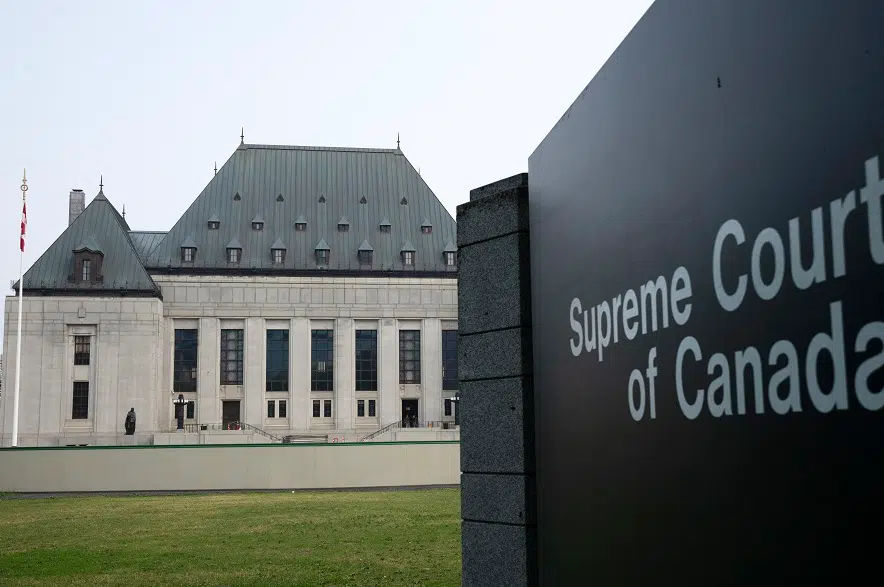The Government of Saskatchewan is celebrating a decision by the Supreme Court of Canada.
According to the reference case decision by Canada’s top court, the federal Impact Assessment Act – previously known as Bill C-69 – is not constitutional. The 5-2 majority decision ruled the federal plan, which was enacted in 2019, is overly broad in its focus.
The act is intended to assess environmental impacts for energy projects, and critics have called it the “no-more-pipelines bill.”
The impact assessment scheme was declared unconstitutional by the Alberta Court of Appeal last year, and Ottawa appealed to the highest court.
Saskatchewan – along with seven other provinces – was involved in a constitutional intervention against the act, arguing that it was exceeding federal jurisdiction.
Saskatchewan Justice Minister and Attorney General Bronwyn Eyre lauded the high court’s decision.
“This decision is nothing short of a constitutional tipping point and reasserts provinces’ rights and primary jurisdiction over natural resources, the environment and power generation,” Eyre said in a statement.
“It should also force the federal government to reassess other areas of overreach, including capping oil and gas production and electrical generation. The IAA has stalled everything from Canadian highway and mine projects to LNG facilities and pipelines. It has thwarted investment, competitiveness and productivity across the country. This major decision will correct course.”
The province also passed its ‘Saskatchewan First Act’ earlier this year, seeking greater provincial autonomy over resources and energy projects in response to what it felt was overreach by Ottawa.
Province says oil and gas emissions continue to drop
On Friday, the provincial government released its fifth annual Climate Resilience Report, which noted that oil and gas emissions in the province have fallen for the third consecutive year.
“Emission reduction targets have been achieved and will likely be exceeded in 2025,” the environment ministry wrote in a statement.
According to the ministry, 20 of the 22 reported measures were considered to be in “good” standing, and the remaining two were classified as “fair” while no measures got a “poor” rating.
“The ministry’s Climate Resilience Measurement Framework showcases Saskatchewan’s commitment to sustainable economic growth, reducing greenhouse gas emissions and adapting to the effects of a changing climate, solidifying our leadership role in climate resilience actions as part of Prairie Resilience: A Made-in-Saskatchewan Climate Change Strategy,” the ministry added.








